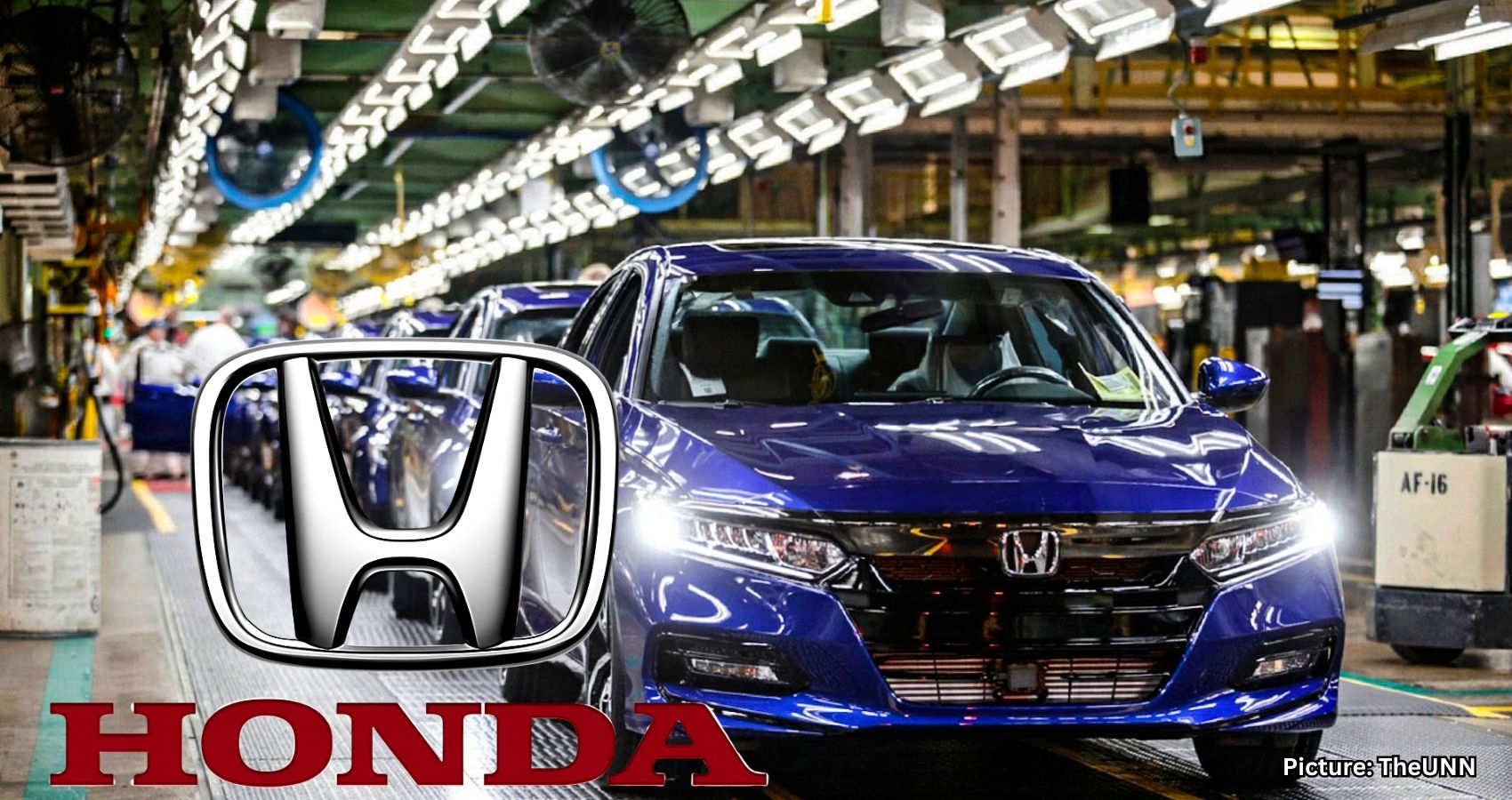Honda Motor plans to gradually resume normal operations at its North American assembly plants, signaling an easing of production disruptions caused by a chip shortage.
Honda Motor Co. announced that it will begin gradually resuming normal operations at its North American assembly plants starting Monday. This decision comes as production disruptions linked to a shortage of Nexperia chips appear to be easing, according to a report by Reuters.
The company had previously halted output at its plant in Mexico and adjusted production schedules at its facilities in the United States and Canada due to the ongoing chip shortage. A spokesperson for Honda indicated on Tuesday that the company has secured a certain level of chip supply, including sourcing alternative components. However, the spokesperson cautioned that the planned return to regular operations could change, as the situation remains fluid.
The automotive industry has been grappling with supply chain challenges since 2020, but the latest shortage has been exacerbated by geopolitical tensions between the U.S. and China. Nexperia, a chip manufacturer, is owned by the Chinese company Wingtech Technology Co. but was taken over by the Dutch government amid rising pressure from the U.S. government. On October 4, the Chinese commerce ministry issued an export control notice that prohibited Nexperia China and its subcontractors from exporting specific finished components and sub-assemblies produced in China.
Honda was notably the first automaker to reduce its supply in response to this issue. In a significant development, China has since lifted its export controls on computer chips that are essential for automobile production. The Chinese commerce ministry announced that it has granted exemptions for exports made by Chinese-owned Nexperia for civilian use.
Additionally, China has paused an export ban on certain materials critical to the semiconductor industry destined for the U.S. and has suspended port fees for American ships. These actions represent a thawing of trade tensions between the U.S. and China, following an agreement in October between President Xi Jinping and U.S. President Donald Trump to reduce tariffs and pause other trade measures for one year.
Volkswagen’s chief in China, Ralf Brandstaetter, confirmed that the supply of Nexperia chips has resumed, stating, “There have already been initial exports.” He noted that following the agreement with the United States, the Chinese Ministry of Commerce reacted quickly, announcing that it would grant short-term special permits for exports.
Brandstaetter also highlighted that the sustainability of this supply chain will depend largely on the ongoing relations between the United States and China. While production in China remains unaffected, the overall situation continues to be uncertain.
As Honda prepares to ramp up production, the automotive industry watches closely to see how these developments will impact supply chains and production capabilities in the coming months.
Source: Original article

